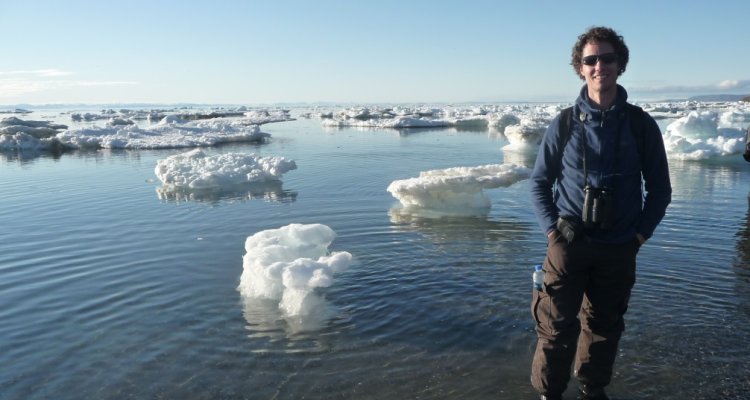
News
Climate change in the Arctic
The Arctic is hot. The featuring of calving glaciers, sea ice and polar bears in media reports on climate change illustrate that the Arctic (and Antarctic) provides convincing evidence for policy makers at the COP21 of the pervasive character of climate change.
The Polar Regions have a key role to play as climate laboratory, engines of the global climate system, sources of sea level rise and as global regions where the biophysical and societal effects of climate change are most extreme.
Climate change is rapidly turning the region into a focal point of economic and geopolitical development. Simultaneously, the Arctic features in fierce debates over the implications for wildlife, ecosystems and indigenous communities. Large public and private sector investments are currently made in the development of environmental information systems to gain control over the fundamental changes in the biophysical environment (e.g. sea-ice, storms, fish, polar bears, pollution), as well as over the increasing economic activities (e.g. shipping, fisheries, oil). More than elsewhere in the world, in the remote, dynamic and resource-rich Arctic region, actors and institutions gain power by developing and securing access to environmental information systems.
Machiel Lamers, Assistant Professor at ENP, is conducting research on the information needs and the usefulness of climate services (i.e. information systems on sea ice, weather) of Arctic actor groups for the Year of Polar Prediction (YOPP) programme of the World Meteorological Organisation. Next to that he is interested in the legitimacy of these Arctic information systems. How do we ensure that socially marginalized groups (e.g. indigenous communities) benefit? How can environmental information be made more relevant to the decisions of wider groups of end-users? Also, information systems open up the Arctic for economic activities. How can we overcome the very real risk of promoting unsafe operations in previously inaccessible but increasingly dynamic areas? How can we assure that enhanced and integrated information systems will not lead to environmentally unsustainable developments? Through the ENP research on these questions climate policy makers are informed about the pervasive character of global change, as well as how Arctic actors can adapt, build livelihoods, develop industries, harvest and conserve natural resources in safe, sustainable and balanced ways.